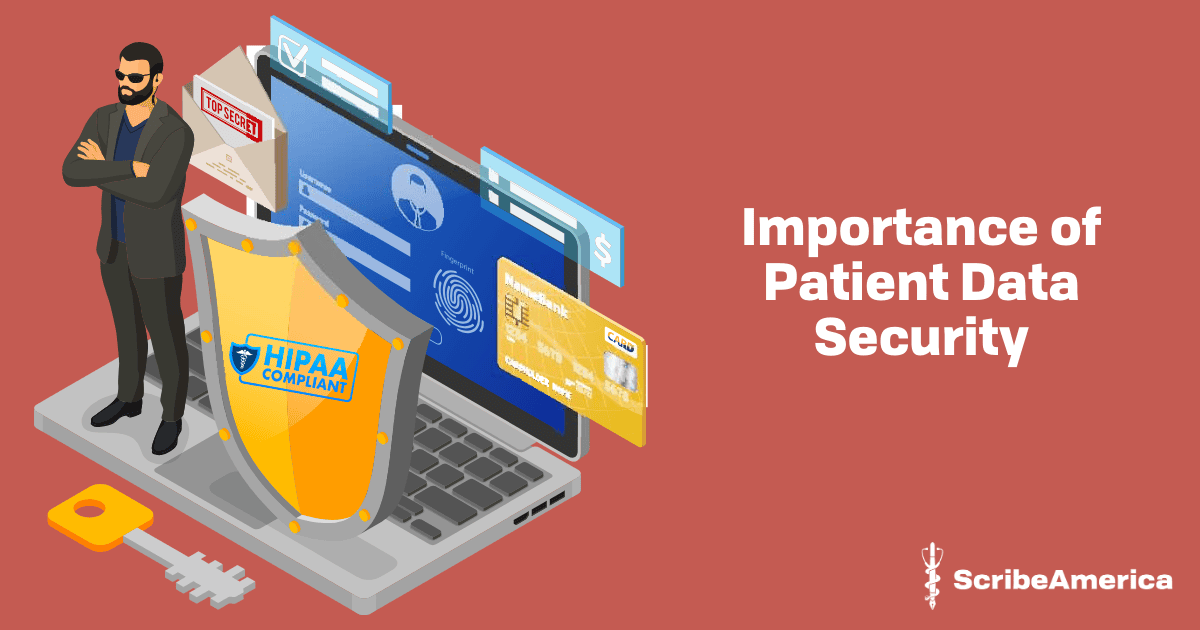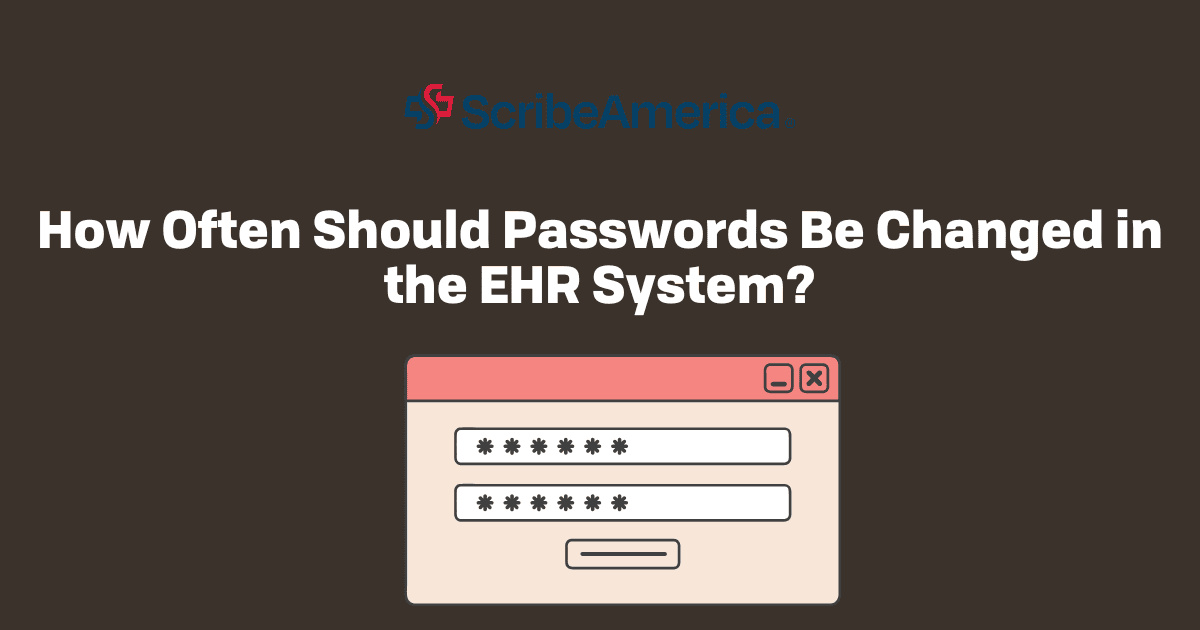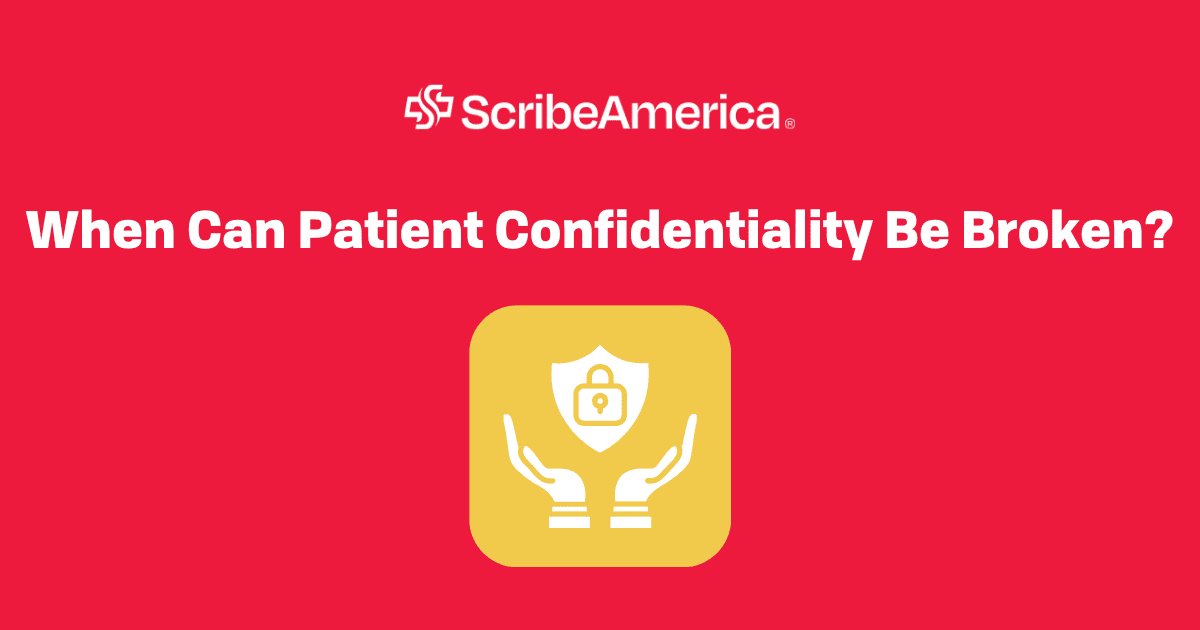Patient data security and privacy are of the utmost importance; after all, healthcare facilities store sensitive information, and strict regulations are in place to protect patient data. Nevertheless, with the constant evolution of threats (especially digital), compliance with HIPAA and HITRUST is not enough—if you want to protect your data, you need to go the extra mile. Did we grab your attention? Then read on!
Why Is Patient Data Security so Important?
You should treat patient data privacy and security as a priority for several reasons. These include:
- Fines—failing to stay compliant with the regulations might result in fines and expensive lawsuits.
- Trust—data breaches demolish the trust you’ve built among your patients and might even lead them to change their healthcare provider.
- Communication—a patient knowing that their data is secure is a patient who is willing to open up in front of their healthcare practitioner. Without this openness, you will work only on a fragment of information, which might limit your ability to provide the best care.
- Fundamental rights—as explained by Nass, Levit, and Gostin, many believe that the right to data privacy is a person’s fundamental right.

How to Secure Patient Data in the Digital Era?
So, how do you secure patient data? What measures should one introduce to ensure that no leaks occur? Here are a few essential practices for effective patient data security and privacy:
1. Refresh HIPAA Regulations Regularly
All medical facilities know about HIPAA regulations, and all attempt to stay compliant with them—there is no doubt about that. However, sometimes it is just not enough; after years of work, your staff is prone to human error.
This is why you should refresh your (or, if you manage a healthcare facility, your staff's) memory with regular training on compliance. It won’t be enough to ensure your patient data security is top-notch, but it will help you avoid the most common source of data leaks—human error.
2. Update Your Systems
Legacy IT infrastructure is easier to breach—it won’t protect your data as much as it should. Therefore, you need to update your software and hardware when it is possible. Operating outdated systems leaves your patient records vulnerable to cyberattacks. Modern platforms often come with built-in data security features, automated updates, and stronger authentication methods.
3. Use Cutting-Edge Technology for Data Encryption and Protection
The future of healthcare will bring innovative technologies that we already have into play, many of which may help you secure your data—you just need to start using them now.
For instance:
- blockchain technology (known mostly due to cryptocurrencies) is an extremely effective and secure solution for exchanging information between healthcare providers, especially when a patient needs care from several facilities. The information sent via it is virtually unbreachable; since such tech is based on a distributed architecture, only a person with the key can access the full records, making it the safest available way to exchange and store data.
- AI-powered threat detection systems can analyze traffic in real-time and flag unusual patterns that may suggest a breach attempt.
- multi-factor authentication (MFA) and role-based access control (RBAC) ensure that only authorized personnel can view or modify specific patient data.
- data anonymization and tokenization can reduce the risk even if information is exposed during an attack.
Why Is Data Security Important in Healthcare?
Why is data security important in healthcare? Because lives may depend on it. Inaccurate or compromised medical data can result in misdiagnoses or improper treatment. Moreover, stolen health records are extremely valuable on the black market, often more than credit card numbers. That’s why the importance of data security in healthcare goes far beyond simple compliance—it’s about protecting the very core of patient well-being.
Patient Data Privacy: A Long-Term Investment in Trust
Ensuring patient data security is a never-ending process, one that might be difficult at times. Nevertheless, it is a process you must conduct if you want to build trust and reliability in the eyes of your patients.
You might also read: How to Improve Patient Experience?
References:
- Institute of Medicine (US) Committee on Health Research and the Privacy of Health Information: The HIPAA Privacy Rule, Nass, S. J., Levit, L. A., & Gostin, L. O. (Eds.). (2009). Beyond the HIPAA privacy rule: Enhancing privacy, improving health through research (Chapter 2, The value and importance of health information privacy). National Academies Press. https://www.ncbi.nlm.nih.gov/books/NBK9579/




